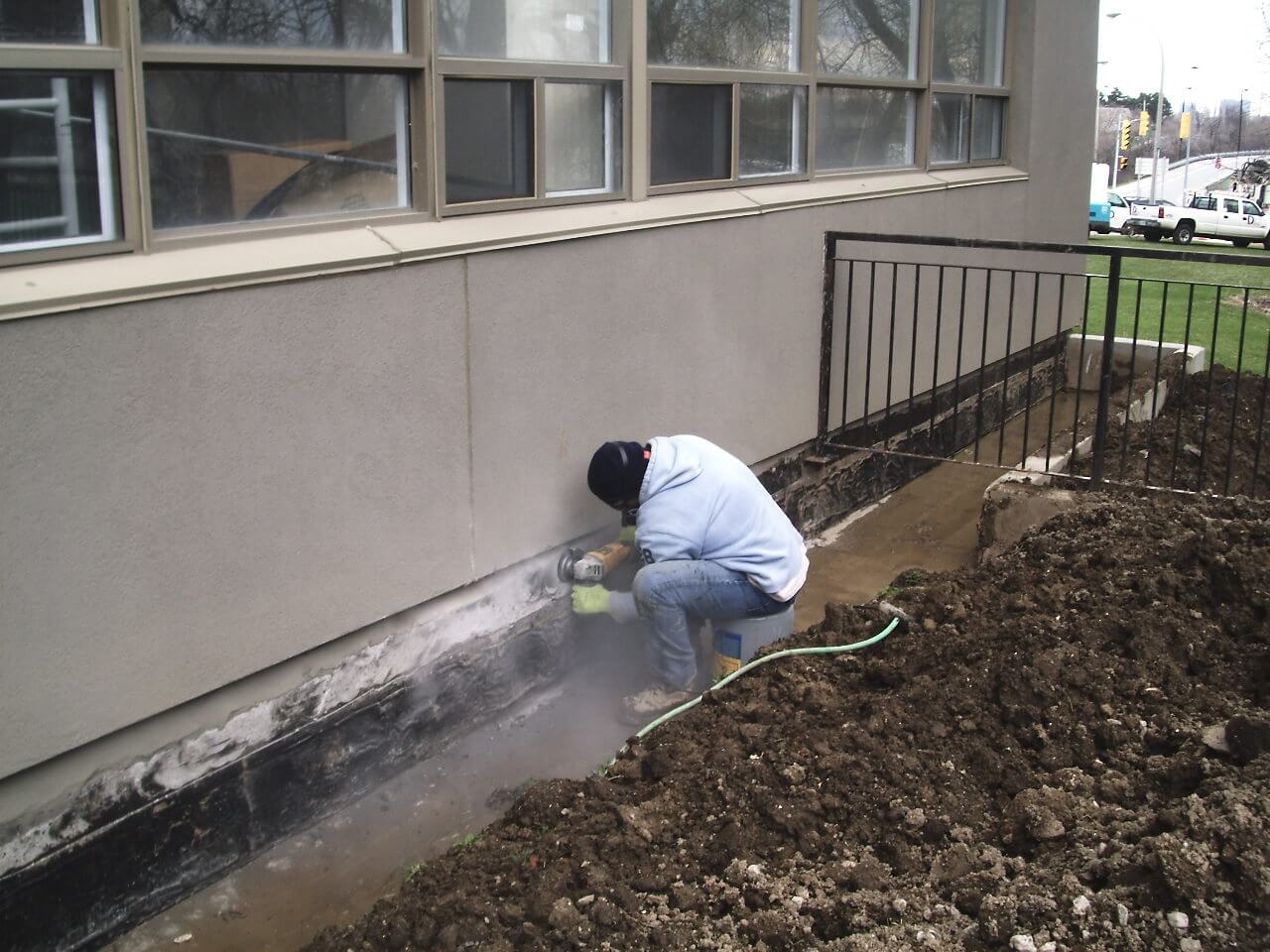An Homeowner’s Guide for Moisture-Proofing Success
Waterproofing is a critical aspect of house maintenance that often gets neglected. Many homeowners fail to realize the significance of keeping their properties safe from water damage, which can lead to expensive repairs and long-term physical issues. Comprehending why waterproofing is important for all home and structure is the first step towards ensuring a safe and dry environment for your family. With the ability to save lots in repairs, the advantages of waterproofing greatly surpass the initial investment.
In this comprehensive guide to waterproofing, we will explore everything you need to know about safeguarding your house from water damage. Whether you're dealing with a watery basement, a susceptible roof, or humidity-prone areas like restrooms and kitchens, our list will provide you with the information you need to take steps. From busting common waterproofing myths to spotting the signs that your home needs fixing, we have you included. Let's delve into the crucial strategies for waterproofing success and make your house a fortress against water.
Grasping the Importance of Water Resistance

Waterproofing is an integral aspect of property and infrastructure maintenance that often goes overlooked. Without Check This Out , a building is susceptible to water damage, which can lead to construction problems, mildew development, and costly repairs. By applying waterproofing methods, property owners can defend their investments and enhance the overall resilience of their structures.
One of the key reasons waterproofing is important is the avoiding of moisture entry. Whether it's through the base, top, or partitions, moisture can leak into a property, causing deterioration that may not be evident right away. By fixing these potential access areas, caretakers can prevent substantial expenses related to restorations and renovations in the coming time. Not only does waterproofing shield against existing dangers, but it also serves as a preventative measure against future risks.
Additionally, effective waterproofing contributes to energy efficiency in buildings. When moisture is regulated, the likelihood of energy loss due to humidity is lessened, resulting in diminished temperature regulation costs. Spending on waterproofing not only shields your building but also offers financial benefits through potential savings, making it an essential consideration for any homeowner.
Crucial Moisture-Proofing Techniques and Solutions
Effective waterproofing begins with a comprehensive assessment of your property to identify susceptible areas. For cellars, applying waterproof finishes and membranes on sides and floors can prevent moisture seepage. Interior solutions such as drainage systems and sump pumps aid manage water infiltration by directing it away from key areas. Additionally, confirming that gutters and downspouts are working well can lessen water accumulation near your foundation.
When dealing with roofs, selecting the right waterproofing materials is essential. Liquid waterproofing membranes are common for flat roofs, as they provide a uninterrupted barrier against leaks. For inclined roofs, selecting quality waterproofing coatings can defend against extreme weather and extend the longevity of roofing materials. Regular maintenance is vital, including inspecting for cracks and ensuring seals around vents and chimneys are uncompromised.
Finally, waterproofing outdoor structures such as decks and patios requires specific techniques to improve durability. Utilizing sealants designed for exterior surfaces can avoid water damage and improve life span. For basement waterproofing and terraces, proper drainage systems are essential to avoid water accumulating and subsequent structural issues. By using these techniques, homeowners can ensure comprehensive protection from moisture-associated problems.
Making Well-informed Choices: DIY vs. Expert Moisture Protection
When evaluating between DIY and expert waterproofing, it is crucial to consider your skills, the complexity of the project, and the potential risks involved. DIY waterproofing can be appealing due to the reduced costs and the satisfaction of finishing a home improvement project. However, many homeowners misjudge the intricacies required in effectively waterproofing areas like basements or roofing. Mistakes made during a DIY project can lead to greater problems down the line, possibly costing more in repairs than if a qualified expert was employed from the beginning.
Alternatively, hiring a skilled waterproofing contractor provides that the job is completed correctly and effectively. Professionals provide expertise, specialized tools, and the availability of high-quality materials that the average homeowner may not have. Moreover, they can identify hidden issues that may not be clearly apparent to an inexperienced eye. This level of attention to detail can save homeowners time and money over the long term by averting problems such as mold growth, structural damage, and possible health hazards from leakage.
At the end of the day, the choice between DIY and expert waterproofing should hinge on your comfort with home improvement projects, the specific requirements of the waterproofing task at hand, and your budget. If the project is straightforward and you possess the necessary skills, DIY may be the best option. However, for trickier challenges or if you are uncertain, investing in expert services is often the smarter choice, providing assurance and durable results.